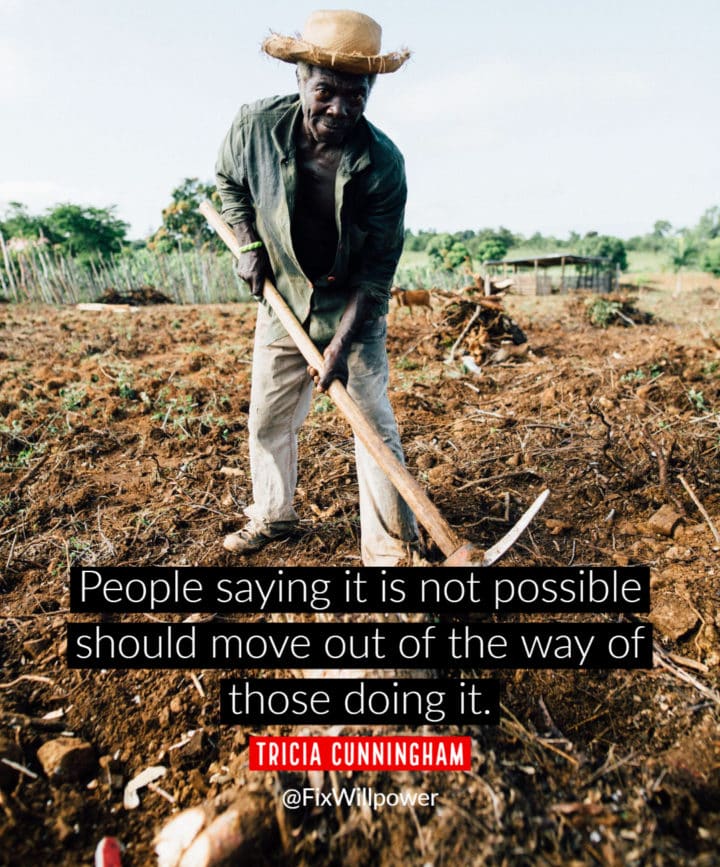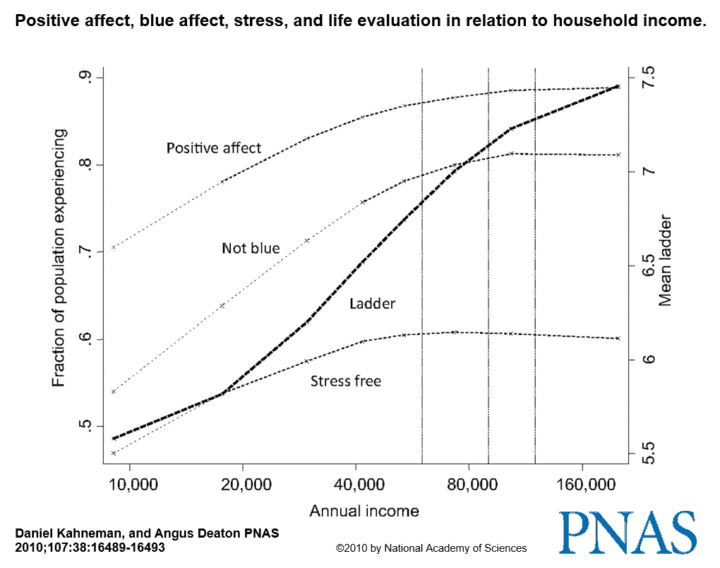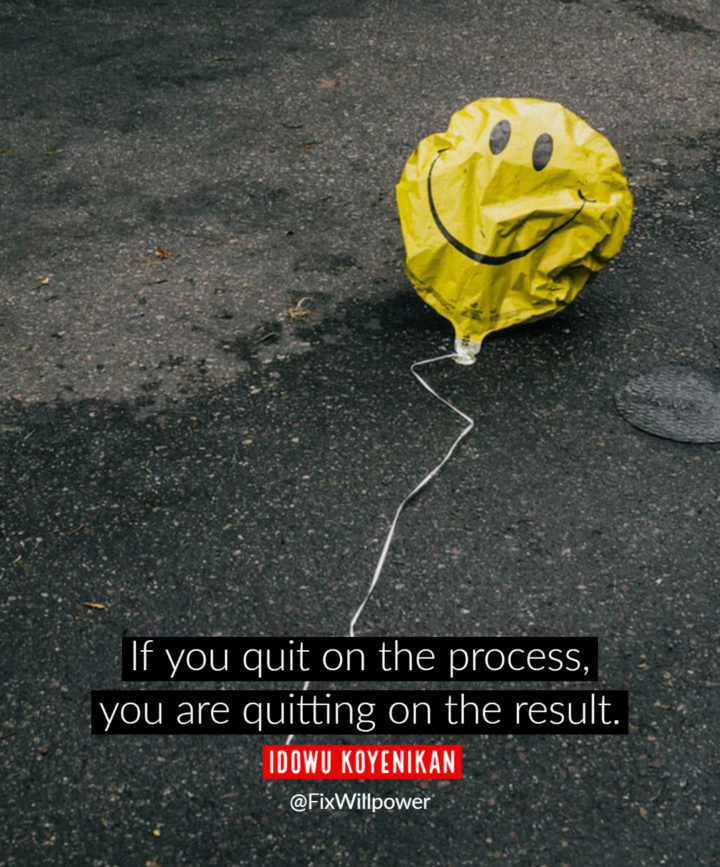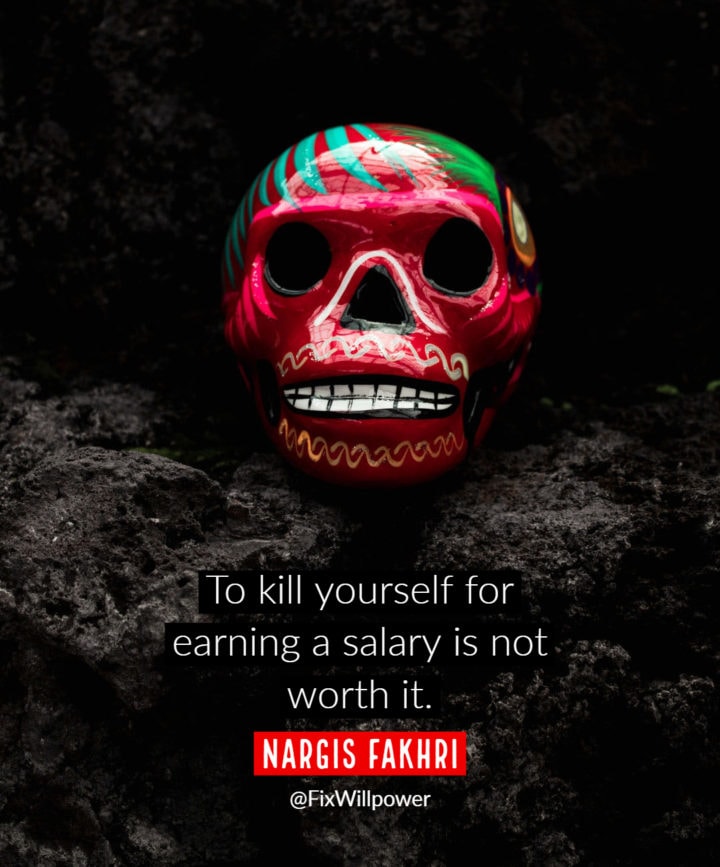Motivation doesn’t come from money for most people.
Sure, you need to make enough money to survive.
And then you need some money to have a good life.
After a certain level more money doesn’t increase happiness. Quite the opposite. Research shows that working for a big monetary reward actually reduces results.

I’ve had countless negotiations with potential employees. In most cases, the positions that needed filling included creative problem solving and using your brain as a tool without too many instructions.
As a business owner, I have worked for most of my life in results only working environment (ROWE). Whatever the business, we get paid when there are results.
No results, no money.
I have paid fixed salaries, commission only salaries, part fixed and part bonus salaries. Through all of that, I have noticed that the model by which you get paid is not really important. Except in very rare cases where the person’s motivation is almost directly tied to payment.
There are three main factors that matter:
- How much are you paid, or are you paid enough.
- How hard you have to work for it.
- Are you treated fairly?
Here’s an engaging TED talk from Daniel Pink about motivation and how most businesses get it wrong.
Career analyst Dan Pink examines the puzzle of motivation, starting with the fact that social scientists know but most managers don’t: Traditional rewards aren’t always as effective as we think. Listen for illuminating stories — and maybe, a way forward.
Levels of employee engagement
When you try to figure out who to compensate a particular employee or contractor keep in mind that money motivates only in the most mundane cases.
I read somewhere that there are three types of people who could be working for you.
Let’s say you need to dig a ditch. The ditch has to be 20 feet long, 3 feet deep, 2 feet wide. But… there’s a big tree stump right in the middle of the projected ditch.
The three types of employees react in different ways:
Zombie
First, there are people who only do what they are told to do. They start to dig. At some point then get to the large tree stump. Then they stop. Then the day ends, and they go home. Next morning you ask why they didn’t complete the ditch. They say they couldn’t because of the stump.
To get the ditch dug, you have to give them specific instructions for each part of the job. Then you have to supervise to see if something unexpected hasn’t come up. When something unexpected comes up they stop.
You usually pay them by the number of ditches dug because hourly wage would incentivize them to find a lot of stumps in their ditches.
You help them grow by asking questions about how they would solve the problem. They know! You have to push them to take initiative.
Regular
Next, there are the people who start to dig after you give them the task. When the get to the stump part of the digging they will stop too. They will come out of the ditch and find somebody to solve their problem. What should we do about the stump? You let them know and they will complete the ditch.
This is a huge improvement over the first type. You minimize time wasted on waiting for someone to come and solve the problem.
Give those people autonomy to act without consulting about each step. Give them the responsibility to take the steps the are fully capable of taking.
Here you should give people bonuses when they find problems and report them in a timely manner.
Top performer
Finally, there’s the person we all would like to work for us. When you tell them, you need a ditch from here to there, they will point out that there’s a stump on the way.
They will offer ideas. Maybe you can dig the ditch 3 feet next to the stump, maybe there could be a bend in the ditch, etc. They ask for additional tools in advance.
To motivate them give bonuses for exceptional performance. What may be even more important, include them in planning. Show them that their expertize matters.

People saying it is not possible should move out of the way of those doing it. ~ Tricia Cunningham
Where to apply?
The ditch example may suggest this applies to low level menial jobs.
Nope!
I have had to ask people why they haven’t started a marketing campaign in time to find out that there was something in the Excel they couldn’t do.
The number of people who just stop when there’s a problem is just staggering. It also includes the people who approach the task by listing the reasons why it can’t be done.
We all want to have top performers in our businesses. It’s not always possible and then you have to do the hard work of getting your people from one level to the next.
Money is not the answer.
Recognition, autonomy, and respect beat money every time.
What people want in their compensation and work?
Here I will bring out the compensation side of the motivation.
There are other aspects of motivation — the meaning of the work or how you make the world a better place. Then there’s the team and support you get from your colleagues. Most people also want some balance in their work and personal life. Their balance point may be in a different place for you and me, but it is somewhere.
1. You need to get paid enough
How much are you paid?
In its most basic form, you just need money to sustain your life. If you don’t get enough money to keep you from worrying about it, then you have more stress. In this situation, you are constantly looking for a better job.
You are not performing at your peak. You are tired, you are anxious and stressed. What is the amount needed to stop worrying? It’s the minimum amount that lets you forget when the payday is.
“Enough” is different by person, industry, and country. Some people never have “enough,” and that will make their lives miserable.
At a party given by a billionaire on Shelter Island, Kurt Vonnegut informs his pal, Joseph Heller, that their host, a hedge fund manager, had made more money in a single day than Heller had earned from his wildly popular novel Catch-22 over its whole history.
Heller responds, “Yes, but I have something he will never have — ENOUGH.”

There is no substitute for hard work. Never give up. Never stop believing. Never stop fighting. ~ Hope Hicks
Another critical point is that those who don’t have enough money will not understand those who say that money is not important.
It is, as long as you don’t have “enough” of it.
Never tell a poor person that money is not important.
There are some, who don’t have enough and value other things over money. But in general, it will just make them see that you are totally clueless about their situation.
In a study, economist Angus Deaton and psychologist Daniel Kahneman found that emotional well-being rises with income, but there is no further growth in happiness beyond an annual income of $75,000. The study is from 2010, so adjust for inflation.
Low income exacerbates the emotional pain associated with such misfortunes as divorce, ill health, and being alone.
High income buys life satisfaction but not happiness, and that low income is associated both with low life evaluation and low emotional well-being.

Positive affect, blue affect, stress, and life evaluation in relation to household income. Positive affect is the average of the fractions of the population reporting happiness, smiling, and enjoyment. “Not blue” is 1 minus the average of the fractions of the population reporting worry and sadness. “Stress-free” is the fraction of the population who did not report stress for the previous day. These three hedonic measures are marked on the left-hand scale. The ladder is the average reported number on a scale of 0–10, marked on the right-hand scale.
2. The level of effort to keep the motivation up
The second part of the equation is how hard you have to work for it. It can’t be too simple or easy, or it wouldn’t pay well. If it’s too hard, you will burn out no matter what’s the pay. The best level for most people is something where you have to stretch and develop yourself.
The “not too hard, but you have to stretch yourself” level is also the level where you can achieve the flow-state.
In a flow state, you are most productive and deliver the best results possible.
3. How to be fair?
The third part is about group dynamics. People want to be treated fairly, and this means that if two people are doing the same job, then they expect to be paid the same amount.
Even monkeys want to be treated fairly. In the video below, you can see that when one monkey is rewarded differently for the same task, then to one that feels mistreated gets pretty mad. One monkey gets cucumbers while the other eats tasty grapes.
If results matter, then you have to give them some weight. But when you compensate directly based on results, then you will not get the maximum performance.
When results are hard to quantify, then people may expect to get paid by seniority. If the work is exactly the same, then the seniority pay shouldn’t be very high. Basically, you are paying for them to stay in the company.
For example, if two accountants do exactly the same job, they should get some base salary plus seniority bonus. One benefit the organization receives from people working for years is that you don’t have to spend on HR to find and train new people.
When you combine all three points, then your success will reflect in the loyalty factor and employee retention.
Now if you add all this, you would get:
- enough money, so you don’t have to worry about your income,
- work that is challenging but won’t break you, and
- social standing in your group, where you are treated fairly.
How bonuses work? Do they work?
Now, here’s the question. Why the hell do you need the bonuses?
If you need bonuses to make your ends meet, then you are not getting paid enough. If bonuses make you work harder, then you would be out of your optimal performance zone and burn out. If you consistently perform at the level that warrants better pay, you should get a rise, that’s treating you fairly.
Research has shown that bonuses will lower the performance of the people who use their brain as the primary tool. It seems that money narrows the field of vision for people who need to come up with creative solutions.
Dan Ariely ran several studies in India and the US that showed how high bonuses will deteriorate the results. When people were working for extremely high bonuses, then they usually failed to achieve the best possible outcome. Check out the the PDF of the India study.
We found that as long as the task involved only mechanical skill, bonuses worked as would be expected: the higher the pay, the better the performance. But when we included a task that required even rudimentary cognitive skill, the outcome was the same as in the India study: the offer of a higher bonus led to poorer performance. ~ Dan Ariely

Money and salary is not a particularly good motivator in the long term. ~ Matt Mullenweg
Motivation: Bonuses as recognition
People want to get recognition. Give bonuses when the team achieves a large common goal. These bonuses should be very specific, but not tied to any personal results. To avoid entitlement, don’t give the bonuses regularly. Not a regular quarterly or Christmas bonus, but a bonus when you reach a specific milestone.
The checklist to focus on results and motivation
1. Set your goal!
What is the result you are after? What is the result you want to accomplish?
Why?
2. Split the goal into sub-tasks
Split your goal into the smallest units of progress that have any meaning. Every task you do is the next step you need to do to move forward. When you have done the task, then you arrive at the next step that you need to take.
Repeat that until you achieve your goal.
3. Task size
Make sure the tasks you have are manageable. The right size means that one task should not exceed 1 to 2 hours in time. 2 hours is already stretching it. It’s OK if you get into the flow-state and work for more than 2 hours.
For example, when I create slides for my talks and training sessions, then I usually work 1 to 2 hours on one task. Sometimes when I don’t have important next task scheduled, then the sessions can stretch up to 4 hours.
However, if you schedule a 4-hour session, then you will probably fail to follow through or even start.

If you quit on the process, you are quitting on the result. ~ Idowu Koyenikan
4. Next step
When you finish a sub-goal, then make sure you know what the next step will be and when are you going to do it. Do not leave too much time between the steps of one goal. You will lose momentum, and you will be less likely to get the results you want.
5. Keep your eye on the result
To stay motivated, measure your progress towards the result you want to get. The result may be far in the future, but understand that each step will take you closer. Persistence is the key to all accomplishments.
When you reach a particularly important milestone, then give yourself a pat on the back and celebrate your progress.
For example, if you are writing a book, then the smallest step may be one page. In some cases, even 100 words can be a step. A chapter is a medium goal, and a 50 or 100-page section is a major milestone.
The same applies to fitness. In running, getting to run 10 minutes non-stop may be the first step, but it may as well be just to get out and walk to the next street corner.

To kill yourself for earning a salary is not worth it. ~ Nargis Fakhri
How to motivate your people?
So, as long as you are managing the team of knowledge workers, you could just follow these steps.
- Pay them enough that they need not worry about the money.
- Let them come up with solutions to interesting problems, don’t push them to exhaustion.
- Treat them fairly.
This way you don’t have to come up with elaborate bonus schemes and get the most creative work they can produce.
_____________________
Image: Money by Andrew Magill

![Read more about the article Behavioral Economics Helps You Understand Yourself [10 Videos]](https://fixwillpower.com/wp-content/uploads/behavioral-economics-429x314.jpg)
![Read more about the article The power of vulnerability: Brené Brown [VIDEO]](https://fixwillpower.com/wp-content/uploads/vulnerability-worthiness-429x314.jpg)

![Read more about the article How Self-Affirmations Make You More Confident [and Less Anxious]?](https://fixwillpower.com/wp-content/uploads/self-affirmations-429x314.jpg)
Great article! Sometimes too much income makes you less motivated to work. If you have a financial buffer then you may not feel as much pressure to put in the effort.
Thanks for your comment!
Good point! I have felt that sometimes.